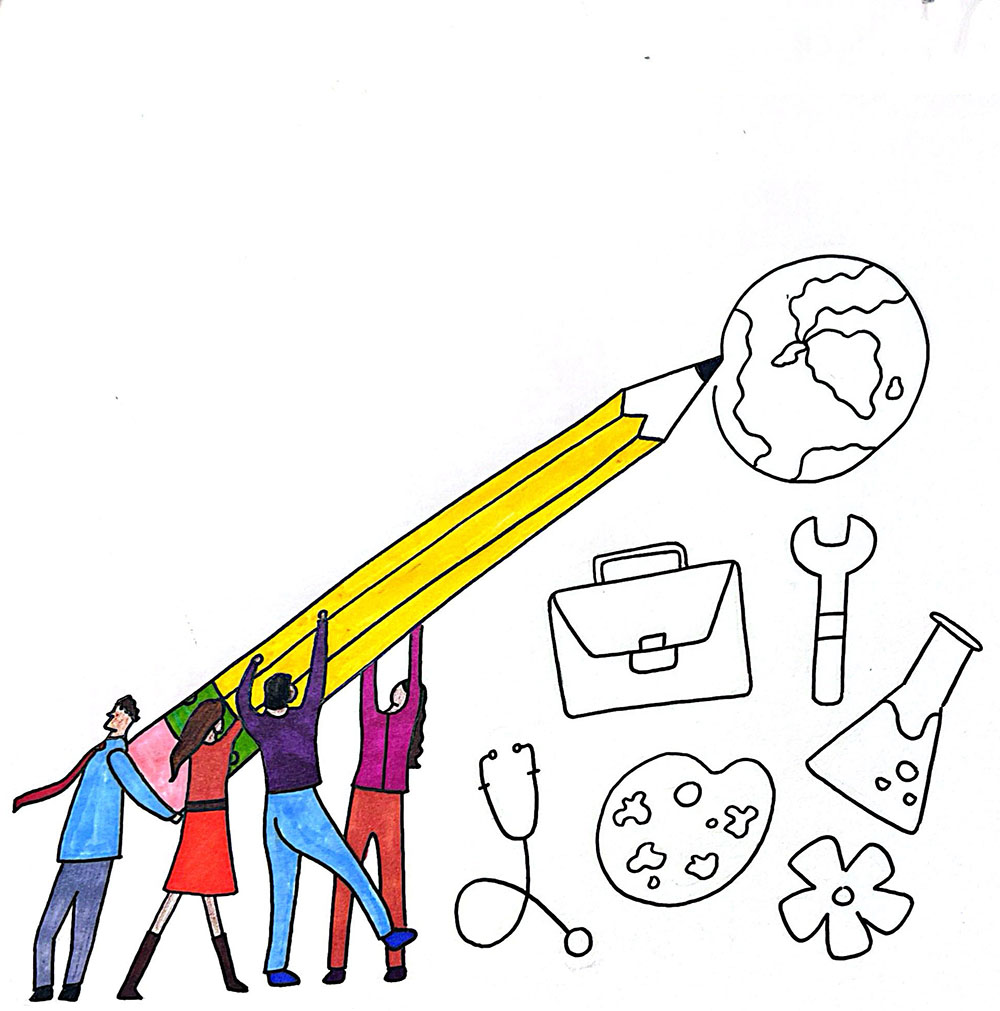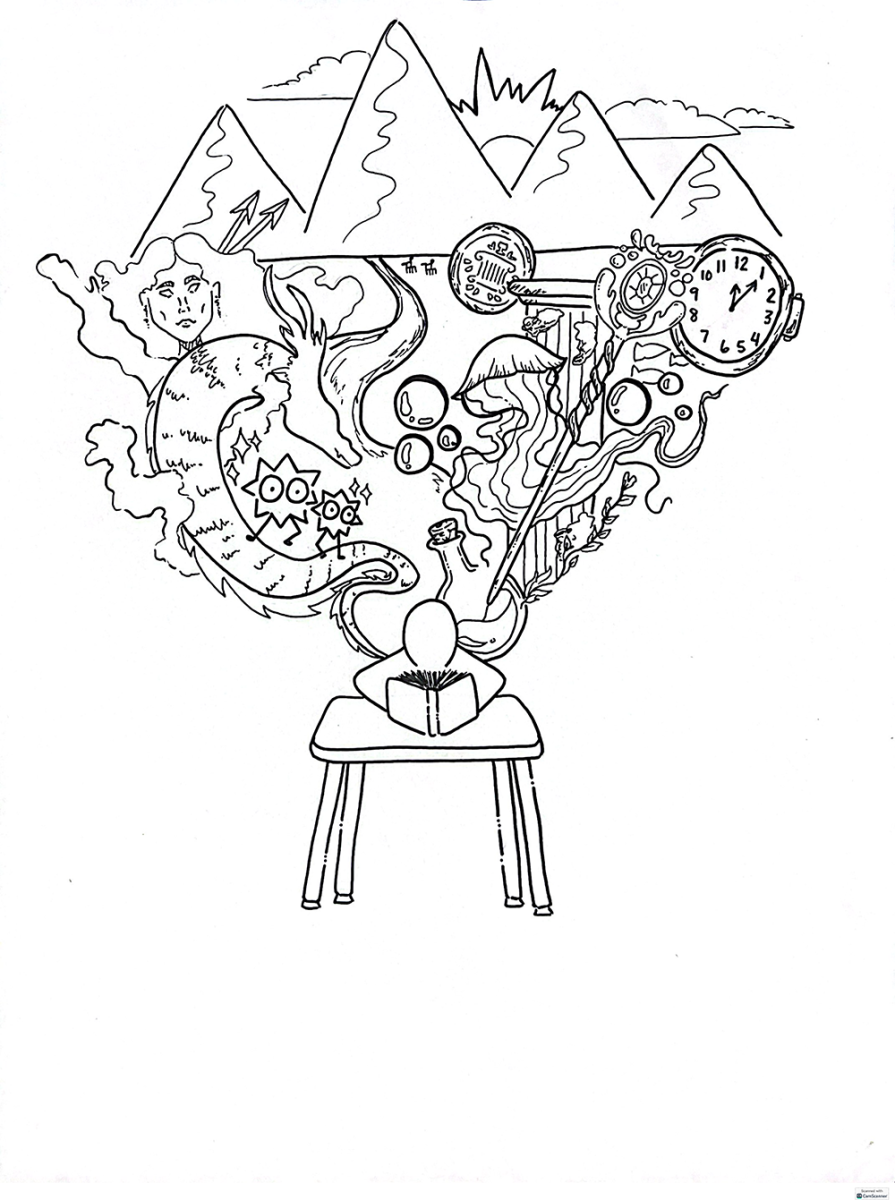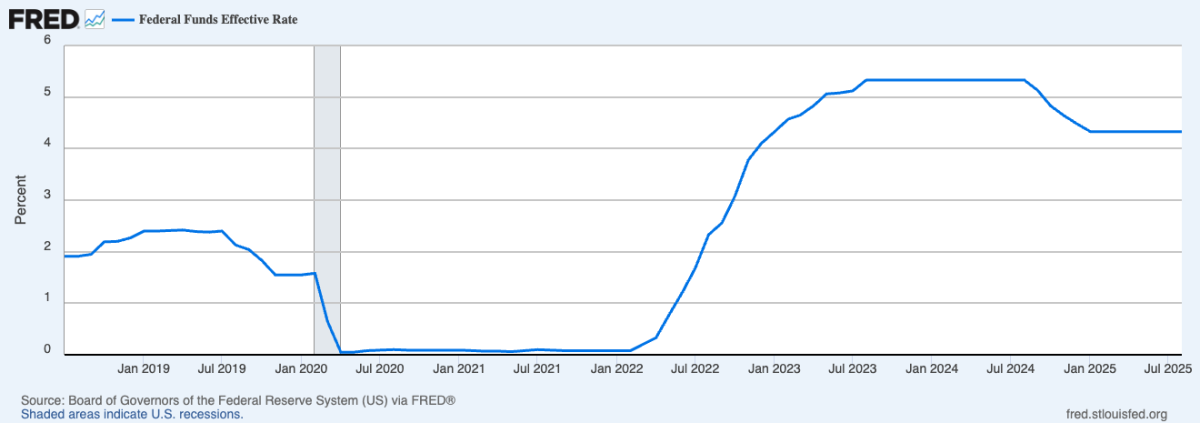By Max Bleich, Editor in Chief of The TechTile (http://thetechtile.com/)
I read very often.
I am not a book hater, I am not illiterate and I don’t think the book industry will ever die.
Sure, we’ve all seen a complete disappearance of bookstores in our neighborhood. The closing of Borders and Joseph Beth’s is a sad event, and it’s not likely to stop any time soon. But reading is a pastime that gives us purpose. We read because we want to learn, we want to live, we want to love. We want to enjoy life through the eyes of others. We want to relate to other people and enjoy their stories.
Books can never die. But that doesn’t mean they can’t change. Books have been the same way for so long for a big reason- it’s a technology that works. They quickly and easily manage to disappear and allow the reader to experience the world as created by the author. There really hasn’t been a sensible replacement for books until now.
The only major change in how we read texts occurred in the transition to paper. Originally, books were made of silk spun from silkworms–meaning that very few could afford them—and literacy was rare. However, the shift made texts dirt cheap to own, easier to read and collect, and nicer to transport.
But after all these years, who’s to dictate that change in itself is so bad?
Books use up paper, costing large amounts of energy and money to make. They take up space in your home, requiring expensive bookshelves. In contrast, eBooks are simple files that are easy to edit, import, export and share- as they’re very small in size. The device is thin and light for easy reading and transportation. Most ereaders are the same size, if not smaller and lighter, than most paperbacks. Additionally, all good eBook readers use a technology called eink- which is just as clear and clean as paper, even in direct sunlight.
In the end, you pay more for standalone paper books than you do for eBooks. The Amazon Kindle costs only $114 for the ad-supported model, which displays ads on the home screen and as a screensaver-never getting in your way during reading. Though you can buy an ad-free version, the occasional ads actually get you deals on the Amazon store, an advantage for you. It also supports PDFs and documents, allowing you to read your important files on the go with the click of a button. If you want Internet access everywhere, it only costs $139 for the ad-supported model.
So is the book dying? Not at all. The book is simply changing form and becoming something better and easier to use and own. Books are simply a vessel to allow the words of the author to thrive. If we can make it easier, why not do so?
What’s so great about carrying around large, clunky books and having the magical ability to physically turn a page? Do people use it as a workout, or is it some strange nostalgic feeling that makes people feel better about reading? Whatever it is, it’s time for Gutenbergians to stop making up excuses and take a little time to look at the eBook. You won’t be disappointed.








